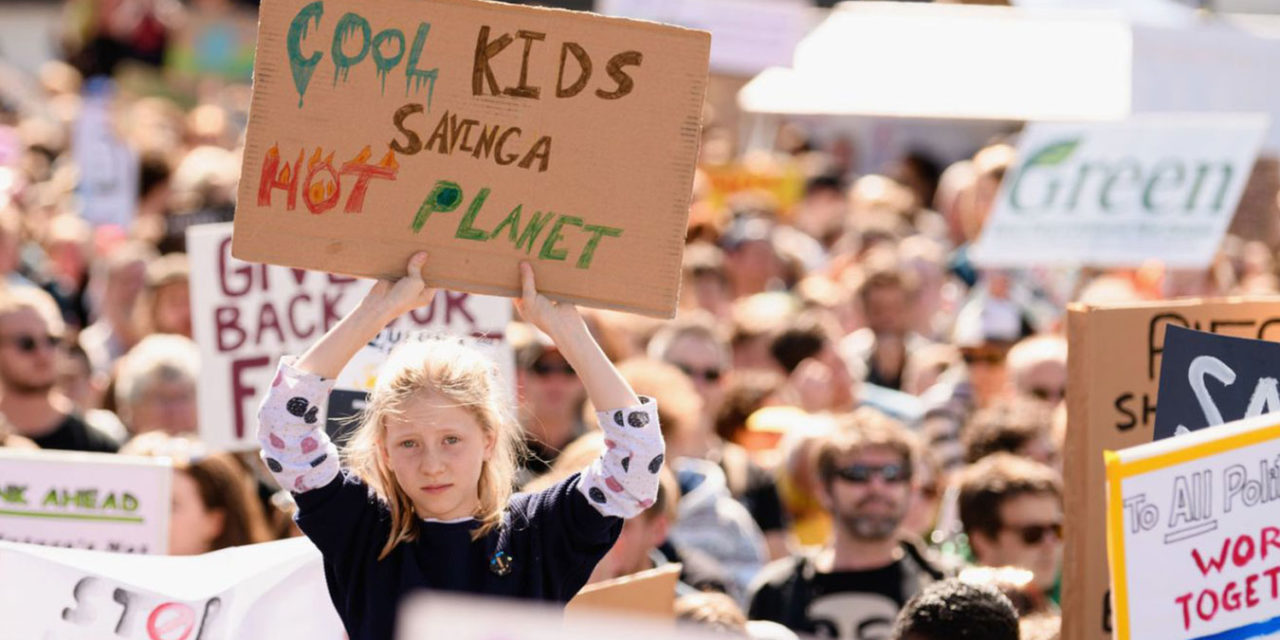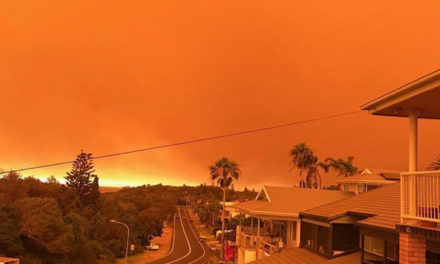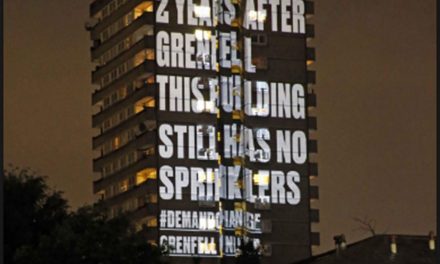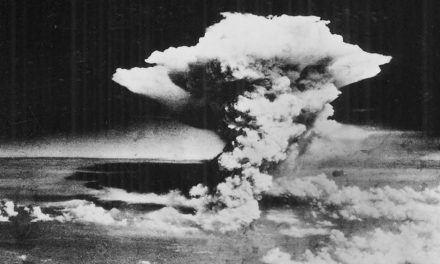Hundreds of thousands of people are hitting the streets from New Zealand to Italy and from Argentina to Morocco calling for governments to take urgent action on the escalating climate and ecological emergency.
The latest protests follows a huge climate strike last week, which saw millions of people walking out of schools and workplaces in what was the biggest climate demonstration in history ahead of a UN special conference on climate change in New York.
Friday’s strike is being called the “Earth Strike” or the “General Strike to Save the Planet” and is not expected to see quite the numbers that turned out for last Friday’s climate protests but none the less is expected to be big.
However, the New York summit failed to deliver any ambitious new commitments to reduce greenhouse gases and address dangerous global heating, which just two days ago scientists warned was already having a devastating effect on our oceans and cryosphere.
The climate activist Greta Thunberg, who sailed across the Atlantic in a carbon-free yacht to attend the conference, blasted world leaders for their failure to take decisive action at the UN climate summit.
“You are still not mature enough to tell it how it is. You are failing us. But young people are starting to understand her betrayal. The eyes of all future generations are upon you. And if you choose to fail us, I say – we will never forgive you,” she said.
Miss Thunberg inspired the school climate strike movement last year by her solo protest outside the Swedish parliament. Thunberg wrote on Twitter, “Last Friday over 4 million people struck for the climate. This Friday we do it again!”
Miss Thunberg will attend a climate strike on Montreal Canada, which is times to coincide with a Un summit on plane emission targets.
New Zealand
In New Zealand, a record number of protesters took to the streets and delivered an open letter to parliament signed by 11,000 New Zealanders demanding the government declare a climate emergency. Numerous local councils in New Zealand have already declared a climate emergency.
“Our representatives need to show us meaningful and immediate action that safeguards our futures on this planet. Nothing else will matter if we cannot look after the earth for current and future generations. This is our home,” said Raven Maeder, the national coordinator for School Strike 4 Action.
Latin America
There have also been big protests across Latin America from Mexico to Columbia and from Argentina to Chile. In Bogota the capital of Columbia, environmental protesters have faced a severe crackdown because of their actions against the oil and gas industry with many activists killed. Indepaz, a Columbian peace and development thinktank, says 734 climate protestors have been killed in 2019 alone.
Over 30 events will be planned in Argentina, and there will be demonstrations in Brazil, Paraguay, Bolivia, and Ecuador.
“There are no outright leaders coordinating our movement in Lati America – and that’s a good thing. This is a fight led by young people and its structure should be as horizontal as possible”, explained Stephanie Cabovianco.
Unlike in the United States, environmental concerns are taken seriously by many people including several governments and with the obvious exception of the Brazilian President Jair Bolsonaro, the Paris climate agreement is viewed as a success story of Latin American diplomacy.
Italy
In Italy the environmental minister, Lorenzo Fioramonti, actually encouraged kids to skip school and go out on strike; saying that the climate emergency “justified” missing lessons. Almost half a million people are predicted to join the demonstrations.
“I would urge adults to join the movement too. Unfortunately, it is not recognised as an official strike by labour unions. One day off work won’t change your career but it will change your future,” said David Wicker from the Turin branch of Friday’s for Future Italia.
The Italian Prime Minister, Giuseppe Conte, has made environmental action a priority but although Italy’s greenhouse gases have been steadily decreasing in recent decades, the European Climate Foundation criticised Rome for not having a plan for how Italy was going to achieve further reductions.
Just days after scientists from the IPCC warned that melting glaciers and ice caps are making a huge contribution to rising sea levels as well as posing a risk to humans through an increase in avalanches and floods, officials in Italy closed roads after experts said a huge chunk of the Mont Blanc glacier in the Alps was at risk of collapsing.
Photo from Sky News
- Why is California So at Risk from Wildfires? - 13th November 2019
- Carbon Offsetting is Growing but Does it Make a Difference? - 11th November 2019
- Three Confirmed Dead as Australia Prepares for “Catastrophic” Bushfires - 11th November 2019






